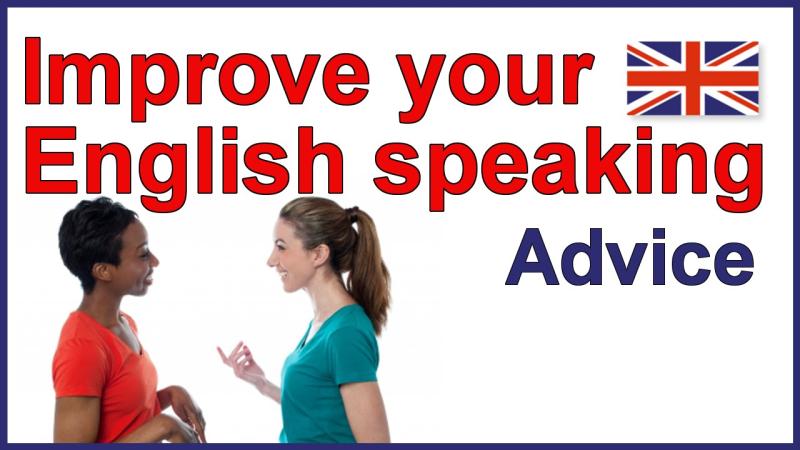How good is my English?
Assessing your own English proficiency can be subjective, but here are some ways to evaluate it:
Fluency: Consider how comfortable and confident you feel when speaking or writing in English. Are you able to express yourself clearly and effectively without frequent pauses or difficulties?
Vocabulary: Reflect on the range of words you use. Do you have a broad vocabulary that allows you to express various ideas and concepts? Can you understand and use specialized vocabulary in specific areas?
Grammar and Syntax: Evaluate your grasp of English grammar rules and sentence structures. Are you able to construct sentences correctly and use grammar rules appropriately?
Listening Skills: Assess how well you understand spoken English, whether in conversations, movies, podcasts, or lectures. Are you able to follow discussions or instructions without significant difficulty?
Reading Comprehension: Consider your ability to understand written English, including articles, books, or academic texts. Can you comprehend the main ideas, details, and nuances of the text?
Writing Skills: Evaluate your writing abilities, including coherence, organization, and clarity. Can you write effectively for different purposes, such as emails, essays, reports, or creative writing?
Confidence in Different Situations: Think about how you perform in various situations that require English proficiency, such as social interactions, academic settings, professional contexts, or when handling complex tasks.
To assess your English proficiency more objectively, you can take standardized English language proficiency tests like the TOEFL (Test of English as a Foreign Language), IELTS (International English Language Testing System), or Cambridge English exams. These tests provide scores that indicate proficiency levels based on standardized criteria.
Additionally, seeking feedback from teachers, language tutors, or native English speakers can offer valuable insights into your strengths and areas for improvement. Continuous practice, exposure to English media, and actively engaging in conversations or activities that require English proficiency can help enhance your skills over time.
What are effective ways to assess English proficiency?
Assessing English proficiency effectively requires a multi-faceted approach, considering both skills and knowledge across different contexts. Here are some key methods:
Formal Assessments:
- Standardized Tests: TOEFL, IELTS, and PTE are widely recognized tests that measure all four English language skills (reading, writing, listening, and speaking) through standardized formats and scoring systems.
- University Entrance Exams: Many universities have their own English proficiency tests as part of the application process, often focusing on academic reading and writing skills.
- Workplace Tests: Companies like Pearson have developed tests like Versant and BULATS, specifically designed to assess workplace-related English skills in business or customer service contexts.
Informal Assessments:
- Writing Samples: Analyzing essays, reports, or emails can reveal grammar, vocabulary, and organizational skills.
- Conversations: Having open-ended discussions can assess speaking and listening fluency, pronunciation, and comprehension.
- Presentations and Interviews: These situations reveal public speaking skills, coherence, and ability to adapt to different contexts.
- Self-Assessment Tools: Online quizzes and questionnaires can measure general English knowledge and identify areas for improvement.
Additional factors to consider:
- Purpose of Assessment: Tailor the assessment to the specific context, whether it's for academic, professional, or personal purposes.
- Test Validity and Reliability: Choose assessments with established standards and consistent scoring methods.
- Learner Level and Background: Consider the learner's existing English proficiency and adapt the assessment accordingly.
- Multiple Skills Approach: Don't rely on a single method; combine formal and informal assessments to get a comprehensive picture of the learner's abilities.
Remember, effective assessment goes beyond just measuring accuracy. It should also provide:
- Diagnostic Feedback: Identify areas of strength and weakness for targeted improvement.
- Learning Opportunities: Encourage self-reflection and motivate the learner to set goals and develop their skills.
- Personalized Learning: Adapt teaching or training methods to address individual needs and learning styles.
By utilizing a diverse range of assessment methods and considering all relevant factors, you can gain a nuanced understanding of English proficiency and provide valuable insights for effective learning and development.






